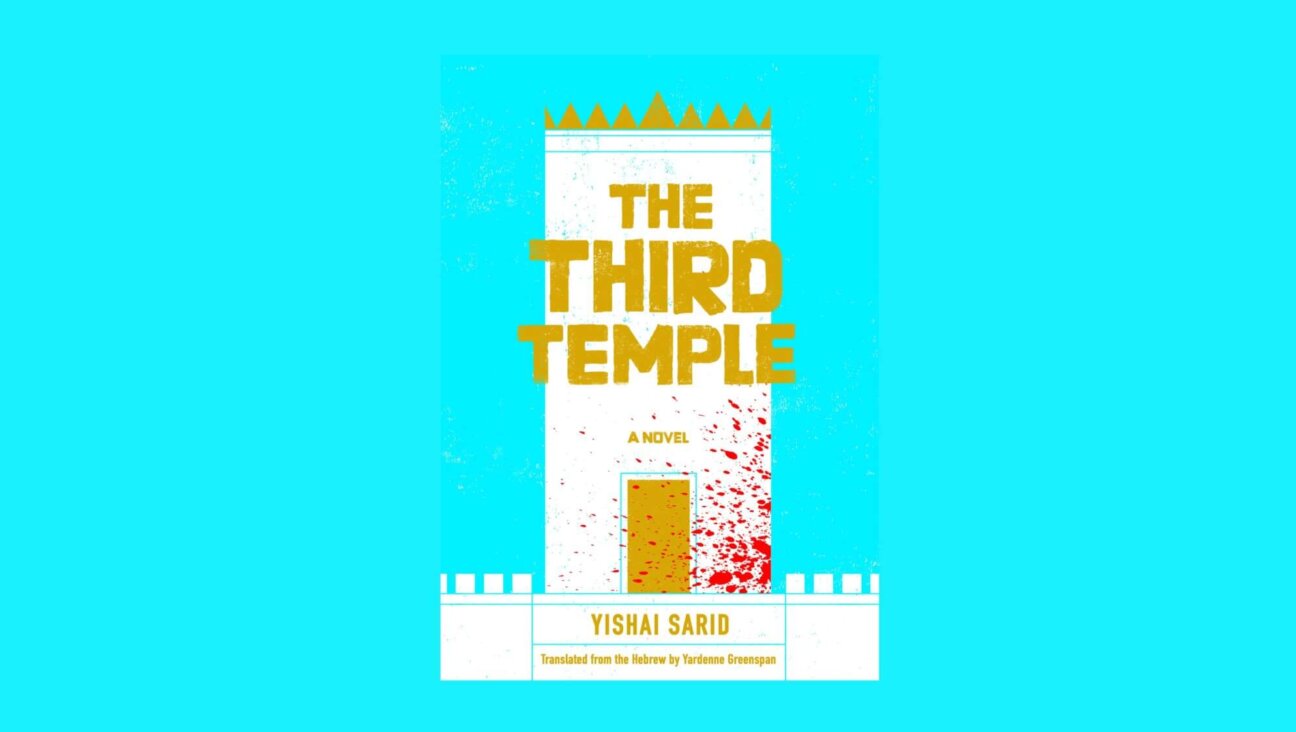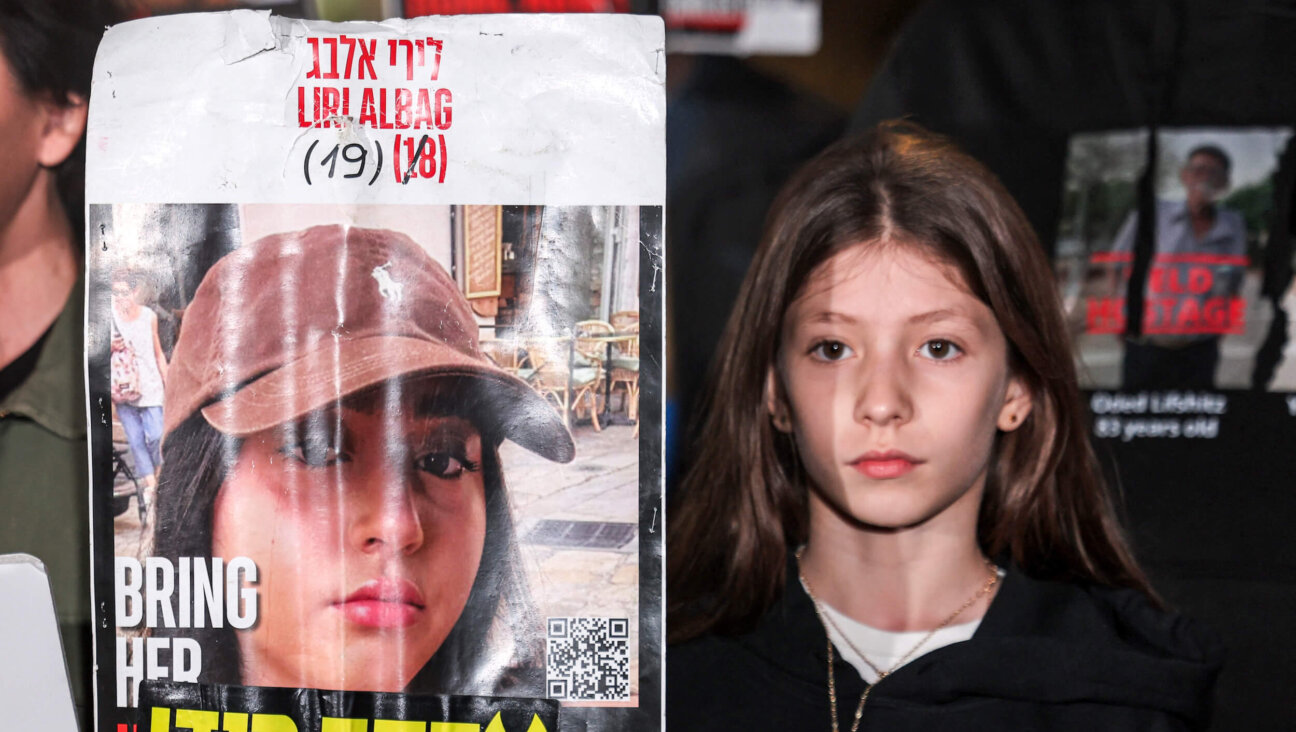Leonard Maltin’s Last Movie Guide

The word is out. Leonard Maltin’s annual movie guide has fallen into what, in Hollywood speak, would be called “developmental hell.” First published in 1969 and annually since 1986, the new 2015 edition is its last. Like newspapers and other print media, it has fallen victim to the Internet, where much of the information is readily available, easily accessible and free.
The story behind the series is probably more interesting than the average “Transformers” film, however. Maltin was a high school student who published a fanzine. An English teacher impressed with his work put him in touch with a publisher, who was similarly awed.
The first edition of was to become “Leonard Maltin’s Movie Guide” was called simply “TV Movies.” It “is a terrible title,” Maltin said in a telephone interview. “A competitor used up a better title, “Movies on TV.” It was actually Maltin’s suggestions for improving that book that convinced the publisher to sign the high school senior.
“I suggested adding a more extensive cast list, the director’s name, and indicating if it was in color or black and white, which was more important then.”
Maltin spoke to the Forward about being a high school nerd, his favorite (and least favorite) films, and davening with Theodore Bikel.
Curt Schleier: Were you a nerd in high school?

Leonard Maltin: Sure. I didn’t play sports. I wasn’t a social butterfly. My friends and I would gather in my basement and watch 16 mm movies. I wasn’t exactly an outcast, either. I was the editor of the high school yearbook. From the 10th grade on, I published a fanzine, so people knew I was doing unusual stuff. Some were admiring. Some were not.
What got you so involved in film?
I can give you several answers to that. I am a child of the first television generation. I was born in December, 1950, a time when television was a living museum of movies. I watched Laurel and Hardy, the Little Rascals and later the Three Stooges on television every day of my life as well as an untold number of comedy shorts. A friend recently reminded me that even on “The Howdy Doody Show” there were silent comedy shorts. I soaked it all up like a sponge. I always watched Walt Disney on his television show, especially when he would take us behind the scenes and delve into movie studio history. In 1957, my parents took me to see “The Golden Age of Comedy” at the Guild Theater, right behind Radio City Music Hall. It was a compilation of great moments in silent film comedy and to see that on a big screen was just magical.
Typically when I speak to people with your background, they become filmmakers, not film historians.
My best friend’s father had an 8-mm camera which [he allowed us to] use when I was in junior high school and high school. But the movies I envisioned in my head were professional Hollywood movies. I could never scale my thinking to the level of our capabilities let alone the limitations of our equipment. I was always frustrated.
You were just 19 years old when your first book came out. That must have been exciting.
Absolutely not. All I could see was its shortcomings and flaws. I thought the descriptions were inadequate and I noticed mistakes. It was five more years before I got to do a second edition and with that I promised myself to improve it every time I had the chance.
When did book sales reach their peak?
The turning point for the book came in the1980s, when I was hired by “Entertainment Tonight” [to do movie reviews], when the show was new and hot. Simultaneously, home video mushroomed. Those two things together propelled the book to a new level of popularity. But everything is relative. I remember the year we sold 100,000 copies. I was just thrilled until my editor told me about a movie tie-in novelization that sold three-and-a-quarter million.
You have over 300 new entries this year. How many did you do? How many did your contributors do?
I write about half the reviews, pretty much everything I see. There’s not enough time to see everything. I’m not a fan of today’s horror movies, they’re too graphic. And I don’t want to see teen movies necessarily. I will tell you this — I edit all of the reviews. What that means is if one of my contributors sends me a rave review for a movie that has a lousy reputation, I can’t let that go by. That means I either have to assign someone else to see it or see it myself.
What do you look for when you watch a film?
I don’t go in with a checklist, either literally or figuratively. Originality counts a lot with me. And I try to take each movie on its own terms. If it’s a horror movie it should be a good horror movie. If it’s a dumb comedy, it should be a good dumb comedy. But I don’t approach a dumb comedy the way I would “King Lear” or vice versa.
Do you have a favorite film or films?
People always want a list of my favorite films. It tends to be old movies that capture my heart. My all-time favorite is “Casablanca.”
Least favorite?
“Maximum Overdrive,” about demon trucks.
Tell me a little about your Jewish background.
I grew up in Teaneck [New Jersey], which had a large Jewish population, though wasn’t as Orthodox as it is now. We belonged to a Conservative temple, celebrated the holidays and I was a bar mitzvah.
Did you bring any of that to your career?
This is getting to be a cliche, but certainly I’m imbued with Jewish-American culture, which I consider an asset. This might interest you, but when my wife and I moved here to Los Angeles we asked around where we would go to services. Someone recommended a congregation that used to meet at the Academy of Motion Picture Arts & Sciences, We called it Temple Beth Oscar. Actually the first service we went to, Theodore Bikel was there and we said, that’s pretty good. But the rabbi, who we liked, was leaving after that service. But the new rabbi they hired we liked even more. His name is David Baron and he’s still our rabbi 30 years later.
A message from our Publisher & CEO Rachel Fishman Feddersen

I hope you appreciated this article. Before you go, I’d like to ask you to please support the Forward’s award-winning, nonprofit journalism so that we can be prepared for whatever news 2025 brings.
At a time when other newsrooms are closing or cutting back, the Forward has removed its paywall and invested additional resources to report on the ground from Israel and around the U.S. on the impact of the war, rising antisemitism and polarized discourse.
Readers like you make it all possible. Support our work by becoming a Forward Member and connect with our journalism and your community.
— Rachel Fishman Feddersen, Publisher and CEO






















